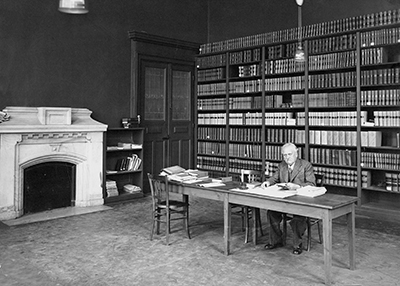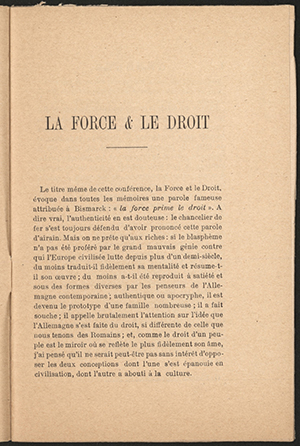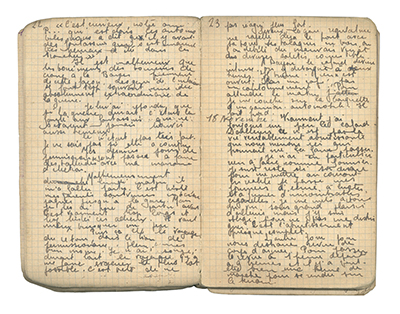Even before the signing of the armistice with Germany, the University of Lyon had entered fully into this movement characterized by the efforts of civil society, in order to convert military relations between allied nations into cultural exchanges that were hoped deep and fruitful. The Alliance thus sought to renew itself, while deepening itself, since one would strive to access facets hitherto totally unknown or little known to the culture of yesterday’s military ally. In short, it was hoped that the temporary fraternity of arms would be converted into a solid friendship, which would, however, be lasting only if each made the effort to know the other better. It was American academics, grouped within the American University Union (AUU), who, even before the end of thepour lire la suite…
Tag: Lyon
Professorial mobilization : the case of the Lyon Faculty of Law
In a military conflict, universities are likely to provide the State on which they depend with resources of various kinds. The first of these is human in nature, through their students and, less numerous, their teachers who joined the armed forces. In such a context, universities are still likely to contribute scientific resources, the military applications of which can sometimes be decisive. Finally, they can provide significant symbolic resources. Intellectual production, by the mere fact that it persists in adversity, attests to the vigor of the belligerent country as well as its capacity to resist the inevitable disorganization engendered by the conflict. But this intellectual production can still, in its own way, contribute to the war effort by working to consolidate the belligerent resolve ofpour lire la suite…
Students of the Lyon Faculty of Law in the First World War
On the eve of the first world conflict, with its 15 tenured professors and 585 students, the young Lyon State faculty held an intermediate rank in the cohort of French faculties of law. Its creation, it is true, was still recent, since it had taken the law of 1875 on the freedom of higher education and the prospect of seeing the old capital of the Gauls become the seat of a Catholic law school, animated by monarchist and very conservative aldermen of Lyon, for the creation of the state faculty to finally become an apparent necessity in the eyes of republican political leaders. Hastily improvised in the fall of 1875, the young institution of higher education quickly found its audience. Its recruitment pool was quitepour lire la suite…



